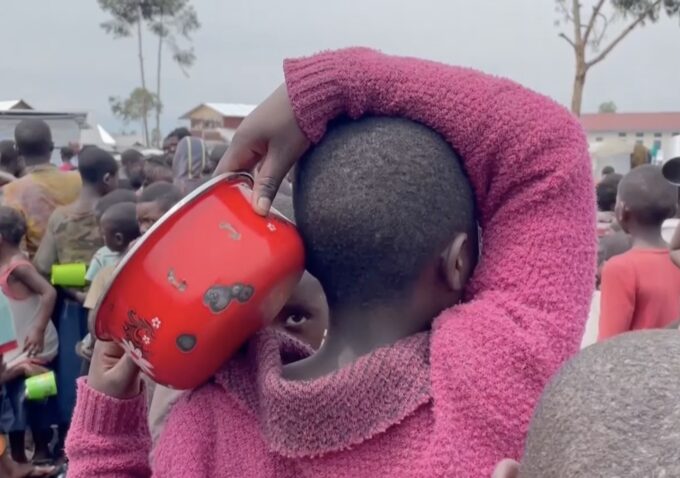
Dear Blog Readers,
This isn’t a proper blog post, just a series of notes as I prepare to cover Pope Francis’s trip to the Democratic Republic of the Congo (DRC) and South Sudan this week. I hope to be able to do a much more interesting and informed post when I get back.
This is the 40th international trip for Francis since he was elected Pope in 2013. I would argue that this is one of the most important trips (and he has had a lot of biggies) that he will make as pontiff because he will be visiting two of the poorest countries in the world, devastated by armed conflicts and the effects of climate change, both causing internal displacement, hunger and deaths. There are high expectations in both countries for his visit.
According to the UN’s World Food Programme, 7.76 million people, two thirds of the population of South Sudan, are severely malnourished, and in the DRC 26.4 million people are expected to become “acutely food insecure” in the first six months of this year.
Given his problems with his right knee, the Pope will be spending a lot of the trip in a wheelchair, in countries where wheelchair access is limited. The Vatican spokesman told journalists that preparations are being made to facilitate his movements. As AP has reported, in both countries people with disabilities struggle to move around and survive where war has left many without limbs and governments have done nothing to help them.
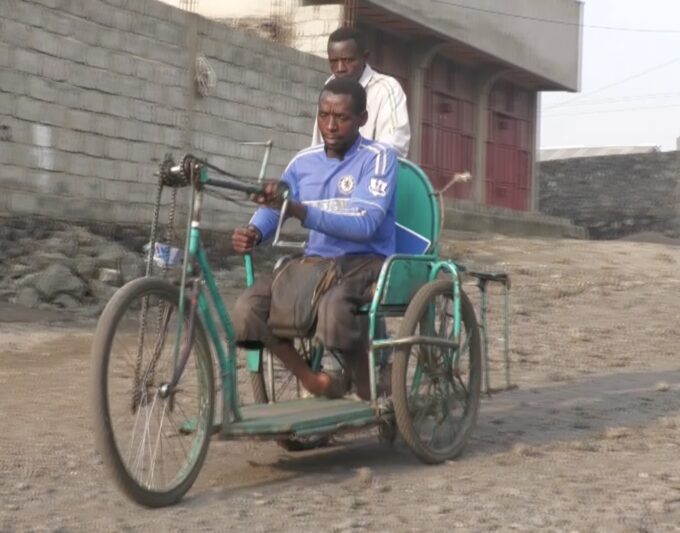
Associated Press is providing complete coverage of this story, both on the ground in the countries he is visiting and traveling with him. I am part of a team of four on the plane including our star “Vaticanista” wire reporter, Nicole Winfield. She scored a one-on-one interview with the Pope last week in which he declared “homosexuality is not a crime.” Interestingly, according to the Human Dignity Trust website, in South Sudan homosexuality is still considered a crime with a maximum penalty of 14 years imprisonment and a fine. The website notes that while this law is still on the books, it has not been enforced recently. I doubt this will come up during the Pope’s days there since his visit it dedicated to pushing forward the delicate peace process.
Also, on the plane is one of Rome’s several talented photographers, Gregorio Borgia, and I will be handling the video side with the traveling press for AP together with cameraman Gianfranco Stara. Gianfranco has been on at least 40 papal trips starting with John Paul II.
As I have been preparing for the trip, I have attended several zoom briefings, am reading books and listening to podcasts on the region, but as it often is with a news agency, we are obliged to move from one topic to the next trying to get beyond superficial knowledge. Among the many stories I have covered in the past six months are Italian elections, art restorations in Venice and the death of Pope Benedict XVI. So, I am not an expert on the DRC and South Sudan but hope to learn a lot more.
What I have learned is that the Democratic Republic of the Congo is a mineral-rich country and that for centuries foreigners have exploited its wealth, inflicting enormous damage on the country and its people. I am reading “King Leopold’s Ghost” by Adam Hochschild which recounts the horrors that King Leopold of Belgium carried out in the Congo, followed by the years of Belgian Colonial abuse. I only learned in these past weeks that the Belgians carried out a genocide of the Congolese people, killing between 8 and 10 million in their ruthless use of forced labor to produce rubber in the late 19th century.
The horror of this holocaust follows that of the transatlantic slave trade in which millions of people from the Congo were forced onto slave ships and into slavery. It is too much to analyze the horrors of past centuries in this post. I must fast-forward to 2023.
The Pope originally planned to make this trip in July of last year with stops in the capital of Kinshasa in western DRC and then traveling to the city of Goma in the east. He had to cancel due to problems with his knee. When the trip was rescheduled for 2023, the Vatican cut out the Goma leg because of security risks.
Over the past year over half a million people have had to flee their homes to escape fighting in Eastern Congo. Thousands of people are living in camps for internally displaced people around Goma.
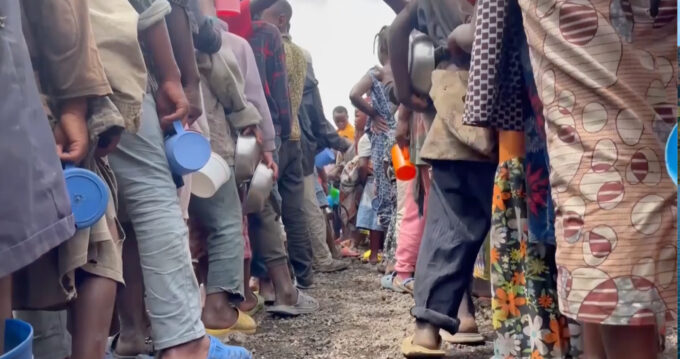
The area is unsafe for foreigners who have become targets . In February 2021, the Italian Ambassador to the DR Congo, Luca Attanasio, his Italian military escort, and Congolese driver were killed when the convoy they were traveling in with the World Food Programme from Goma was attacked by armed men. In briefings, foreigners working for non-profit organizations in Goma said their movements are limited these days because of risks of being kidnapped or killed.
Over the past decade there has been conflict in the Eastern DR Congo with more than 120 rebel groups of different ethnicities, religious and national backgrounds involved.
Goma, is just over the border from Rwanda, and during a zoom briefing this week, a Congolese woman living in Goma blamed the problems with the M23 armed group directly on the head of Paul Kagame, the President of Rwanda, who she said is meddling in her country and trying to get control over the area’s precious resources including coltan, cobalt, copper, and gold.
But it is not just the Rwandan leader who has his eye on these minerals. Coltan is used in cell phones and laptops and has become so coveted that the whole world is after it, hence armed conflict for decades.
Then there is cobalt used in electric batteries, key for the production of electric cars and for the green revolution. Green revolution at the expense of the miners paid a pittance for their work according to officials from Caritas who briefed journalists this week. All of this has been reported by the UN and journalists who have visited the region.
In last week’s interview with The Associated Press, the Pope said “Africa is in turmoil and is also suffering from the invasion of exploiters.”
On his second day in Kinshasa, the Pope will meet with internally displaced people from eastern Congo and with non-profit groups working in the country.
The Papal Nuncio to the DRC, Ettore Balestrero, told us in an interview that despite its very young population, and a sense of energy and potential in the country, foreigners often view the DRC as a “terminally ill patient” beyond help from the rest of the world. World Food Programme officials also complained of “donor fatigue” when it comes to the DRC, people do not want to give money to a country where the problems never seem to get better. Many also lamented the lack of coverage by the media, who tend to ignore the DRC. Everyone we spoke to is hoping the Pope’s visit will change this.
On February 3rd the Pope will fly to Juba, the capital of South Sudan. After years of civil war, South Sudan gained its independence from Sudan in 2011 and became the world’s youngest country. In 2014 civil war broke out pitting two key figures in the government and their tribal groups against each other and leaving hundreds of thousands dead.
As a young South Sudanese priest studying in Rome explained to us, it is very hard to get the peace process off the ground when the leaders cling to their ethnic groups and armed followers. He explained the President Salva Kiir Mayardit, a former commander in the SPLA (Sudan People’s Liberation Army) and of Dinka ethnicity, has his own private army, while one of the Vice Presidents, Riek Machar, of Nuer ethnicity, maintains his own private army. (If anyone has read the great Deborah Scroggins book “Emma’s War”, you will remember Riek Machar as the warlord husband of the adventurous, naïve British aid worker.)
The priest who briefed us said there are still thousands of rebels from various groups in the forests. He said they are mostly armed, marauding youths who go into villages to steal the livestock, pillage and rape.
In April 2019, Pope Francis invited the political leaders of South Sudan to the Vatican for a two-day retreat to forge a peace agreement. In an extraordinary gesture the Pope got on his knees before the leaders Salva Kiir Mayardit, Riek Machar and three others, and kissed their feet as he urged them to build a lasting peace. Hundreds of thousands of South Sudanese have died since the civil war broke out in 2014.
All this while they are trying to form a unified central army to protect the nascent country.
The Catholic group Sant’Egidio has been very active in the peace process. We interviewed one of their negotiators, Paolo Impagliazzo, and he said that a huge problem in South Sudan is the numbers of weapons. There are cattle herders with heavy weapons invading other territories, clashing with different clans. He said there needs to be a process of disarmament of militia groups and the formation of a united army. So far attempts to do this have been a “disaster” according to Impagliazzo. A key to forming an army, Impagliazzo explained, is to balance the different ethnic groups at all levels from the command structure to the foot soldier.
The goal is to continue to work for a peaceful transition so that democratic elections can be held in 2024. Impagliazzo said the effort to transition to peace and democracy are “painfully slow.” Again, everyone we spoke to said they hoped the Pope’s presence will make a key difference.
It is hard not to get discouraged for South Sudan. Here are some key figures that we were given in a briefing with representatives in Juba from AVSI (Association of Volunteers in International Service.
The life expectancy in South Sudan is age 57. Seventy percent of the population is illiterate and 2.8 million children are out of school, the majority are girls. In fact, South Sudan is one of the worst places in the world to be a girl according to the United Nations.
While child marriage is not legal in South Sudan, according to some women I spoke with, the law is not enforced and girls are considered a source of income for their family through their dowry, which is paid in cattle. Girls do not marry for love, they are often even “auctioned” off by the family to the man who can give the most cattle
According to UNICEF, roughly 75-percent of girls in South Sudan do not go to school since parents think there is no purpose, they need to hone their domestic skills to make them more marriageable
Again, according to a UN report from 2022, despite the end of the war in South Sudan sexual violence against women and girls is on the rise, rape is widespread across the country. Women I spoke to talked about the sense of “sexual entitlement” of armed groups and that if a woman/girl leaves these their domestic confines they are considered fair game.
Girls are also used as pawns in conflicts. They are often abducted or sometimes given in compensation for a person who has been killed. A girl can be forced to go live with another family where a man has been killed and she will be considered as compensation. She will be harassed and abused but she cannot go back home.
In preparation for this trip, I have exchanged emails with Sister Orla Treacy, an Irish nun who runs a boarding school for 300 girls in Rumbek, an hour’s flight from Juba. She makes parents sign a contract with the school that they will allow the girl to remain through high school. They have now opened up a health center which provides a lot of help for young pregnant women and mothers. (So many girls are getting married very young that there are a lot of health issues from childhood pregnancies).
Treacy and her students are participating in a walking pilgrimage from Rumbek to Juba to see the Pope. I am hoping to see them at the Pope’s events in Juba. She has been posting photos of their trip on twitter at @orlamtreacy if anyone is interested.
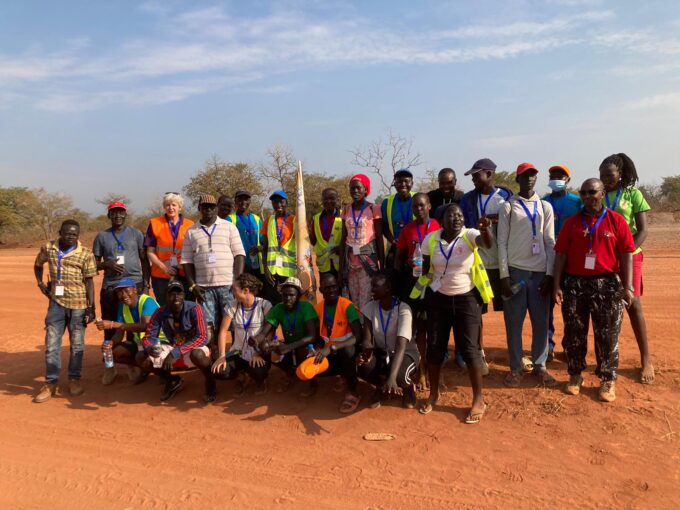
A final word on journalism on South Sudan, a brief look at the South Sudan summary on the website “Reporters without Borders” is slightly unnerving. I will quote it here:
“Freedom of the press is extremely precarious in South Sudan, where journalists work under constant threat and intimidation, and where censorship is ever-present….Local and foreign reporters who work to provide independent information expose themselves to execution, torture, kidnapping, arbitrary detention, poisoning or harassment. In the face of these dangers, many close their publications or leave the country.”
Among the journalists who have had difficulties with South Sudan is AP’s Sam Mednick. The South Sudanese Media authority revoked her accreditation for six months and expelled her from the country for a story she wrote in 2019.
We are not expecting any difficulties for those of us coming with the Pope but it is disturbing to think about what our colleagues have to face.
Note: For their own safety, I have not included the names of some of the people who briefed the press traveling to South Sudan on zoom meetings from South Sudan and the Democratic Republic of the Congo this past week.
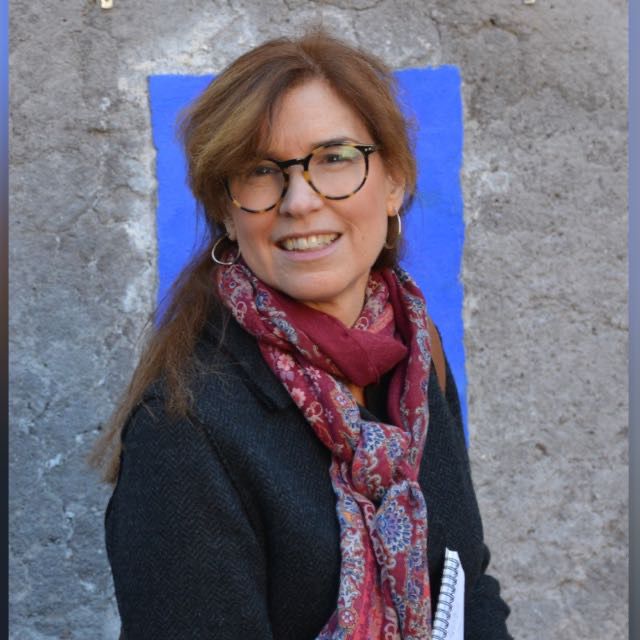
Thanks, Trisha. I appreciate your knowledge and interpretation of the disturbing. situation in the Congo. Be safe.
Thank you, Kathryn. Just got back and will write a longer post soon on what was a fascinating and sometimes joyous and others moments heart-breaking trip.
It was so nice to see your name pop up in my email.
I look forward to your further post in detail.
Glad you are returned safe.
Wishing you and yours well.
Thank you, Millie, it was a fabulous trip but exhausting and I am trying to find the energy to write the blog post. Hopefully it will get done in the next few days.
Thanks Trisha,. Your report is very informative,but also sad and disturbing. I hope you will have opportunity to follow up with impressions and an account of your trip.
Barbara